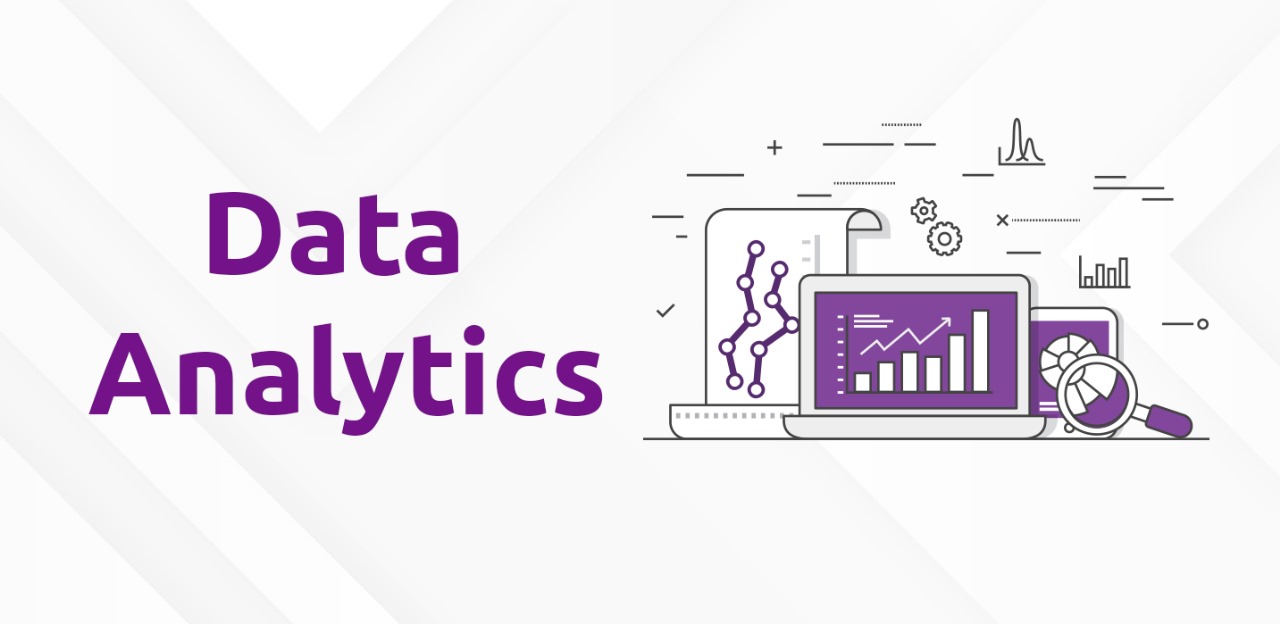How Data Analytics Transforms Business Decisions
In today's competitive market, businesses are relying more on data to guide their strategies and decisions. Data Analytics in Business has become a powerful tool, helping companies make informed choices, improve operations, and boost profitability. By analyzing data, businesses can uncover trends, predict future outcomes, and optimize their performance.
In this blog, we’ll explore how data analytics is transforming business decisions and share some real-world use cases to demonstrate its impact.
The Role of Data Analytics in Business
Data analytics plays a crucial role in every aspect of business, from marketing and sales to operations and customer service. By analyzing large sets of data, businesses can gain valuable insights into their performance and customer behavior. These insights allow companies to:
- Improve decision-making: With data-driven insights, businesses can make better, faster decisions.
- Optimize processes: Data helps identify inefficiencies, allowing companies to streamline operations.
- Enhance customer experiences: By understanding customer behavior, businesses can tailor their services and products to meet customer needs.
- Predict future trends: Analytics can forecast future demand, helping businesses prepare and adapt.
Use Cases of Data Analytics in Business
1. Marketing and Customer Insights
Businesses use data analytics to better understand their customers. By analyzing data from website traffic, social media, and customer feedback, companies can segment their audience and tailor their marketing strategies. This helps businesses target the right audience, increase conversion rates, and improve customer loyalty.
For example, an e-commerce company can analyze customer purchase history to offer personalized recommendations and promotions, increasing sales and customer satisfaction.
2. Sales Forecasting
Predictive analytics is key to helping businesses forecast future sales. By analyzing past sales data, market trends, and economic factors, companies can predict how much of a product they will sell in the future. This helps in inventory management, budgeting, and planning for future campaigns.
Retailers, for example, use predictive analytics to ensure they have enough stock during peak shopping seasons without overstocking, which reduces waste and costs.
3. Supply Chain Optimization
Data analytics plays a crucial role in optimizing supply chain operations. By analyzing data from suppliers, transportation, and inventory, businesses can identify bottlenecks and improve logistics. This reduces delays, lowers costs, and enhances the overall efficiency of the supply chain.
For instance, a manufacturer can use data analytics to predict equipment failure and schedule maintenance, reducing downtime and improving production output.
4. Risk Management
Data analytics helps businesses identify potential risks and take preventive measures. By analyzing historical data, businesses can detect patterns that signal potential risks, such as fraud or financial instability. This enables companies to mitigate risks early and protect their assets.
Banks, for example, use data analytics to detect unusual transaction patterns and prevent fraudulent activities.
5. Product Development
Data analytics is essential for developing new products that meet market demands. By analyzing customer feedback, market trends, and competitor performance, businesses can identify gaps in the market and create products that fulfill customer needs. This ensures that product development is data-driven and aligned with customer expectations.
Tech companies, for instance, analyze user data to improve their software products and introduce new features based on customer preferences.
How to Apply Data Analytics in Business
To effectively use data analytics in business, companies need the right tools, skills, and mindset. Some of the most commonly used tools include:
- Power BI and Tableau for data visualization
- Python and R for statistical analysis
- SQL for database management
In addition to these tools, it’s essential to have a skilled data analytics team that can extract insights from raw data and translate them into actionable strategies.
If you’re interested in building a career in data analytics or want to learn more about the skills needed to apply data analytics in business, check out our guide on Data Analytics for Business. It covers the key skills you need to succeed in this field.
Conclusion
Data Analytics in Business has revolutionized the way companies operate. From improving decision-making to optimizing processes and enhancing customer experiences, data analytics is a game-changer for businesses of all sizes. As we move forward, companies that effectively use data analytics will have a significant advantage over those that rely on intuition alone.
By incorporating data analytics into your business strategy, you can make smarter decisions, reduce risks, and stay ahead of the competition. The future of business lies in data, and now is the time to embrace it.

